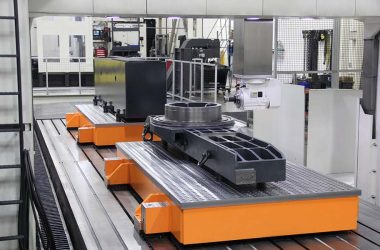Numerous elements contribute to business success. Factors related to internal operations, such as marketing and promotions, are vital. These processes are integral to strengthening a business’s online visibility, particularly in today’s digital world.
In addition to these considerations, external factors such as regulatory compliance also play a vital role in achieving long-term success. This entails confirming that a company’s emergency generators adhere to government regulations and function according to prescribed standards.
Emergency generators are essential for sustaining a continuous power supply in case of outages. This innovation contributes to making sure that businesses avoid financial losses from unforeseen events, like power interruptions.
However, compliance is needed when operating an emergency generator. This is because despite being valuable business equipment, emergency generators emit harmful pollutants, which raises concerns for the environment and people’s health.
Carbon monoxide (CO), nitrogen oxides (NOx), sulfur oxides (SOx), and particulate matter (PM) represent just a fraction of the detrimental gases released when emergency generators are in operation. Nitrogen oxides are especially problematic due to their significant role in ozone depletion, acid rain formation, and smog. Diesel exhaust also carries hazardous pollutants like benzene, arsenic, and formaldehyde, which are suspected to be carcinogens.
To address this issue, the New Jersey Department of Environmental Protection (NJDEP) issued regulations requiring businesses to obtain an air permit before utilizing their diesel and gasoline generators. NJDEP permit compliance is vital for regulating emissions and reducing the impact of generator operation on air quality and public health.
Air permits outline specific requirements and standards that businesses must adhere to when operating their generators. Understanding these requirements is vital for companies to maintain compliance and steer clear of potential fines or penalties.
This is where the expertise of an NJ air permit consultant becomes valuable. With their assistance, enterprises can streamline the process of obtaining permits, thus facilitating smoother operations and adherence to regulations. In addition, acquiring the necessary licenses demonstrates a business’s commitment to environmental responsibility and public health protection.
Learn more about this by checking out this infographic from Lockatong Engineering.






















